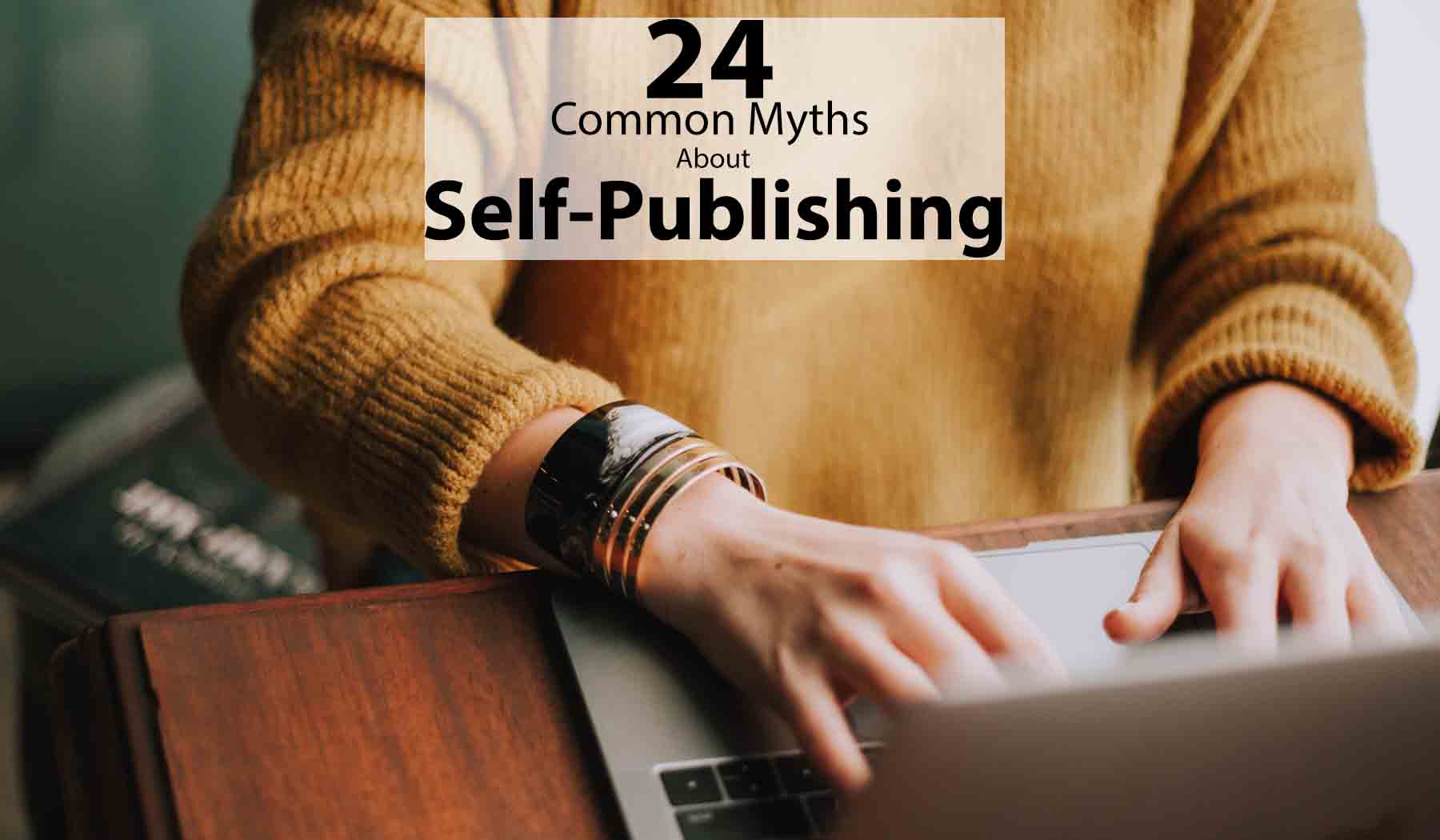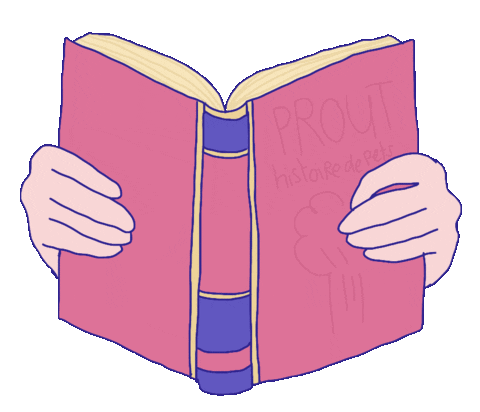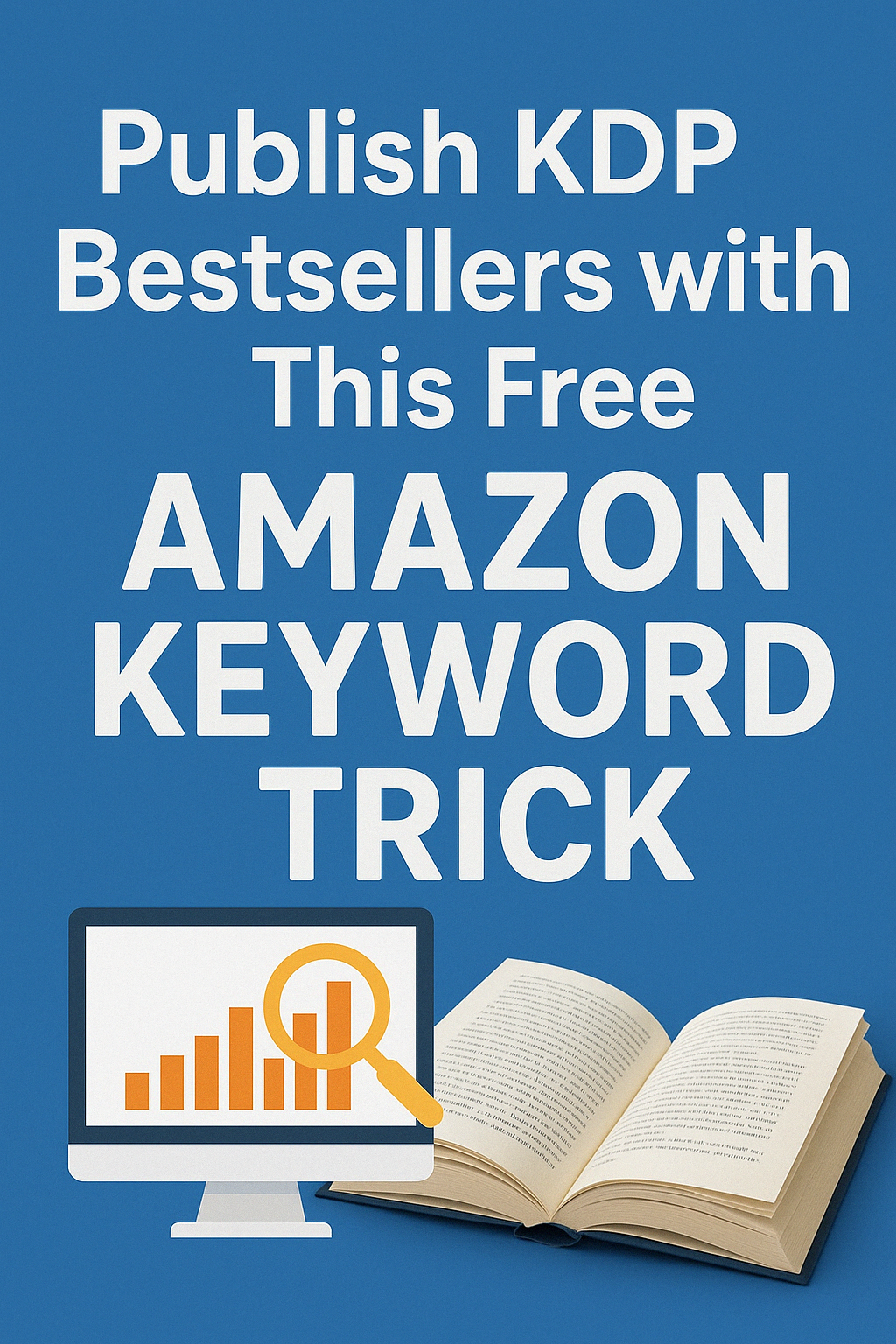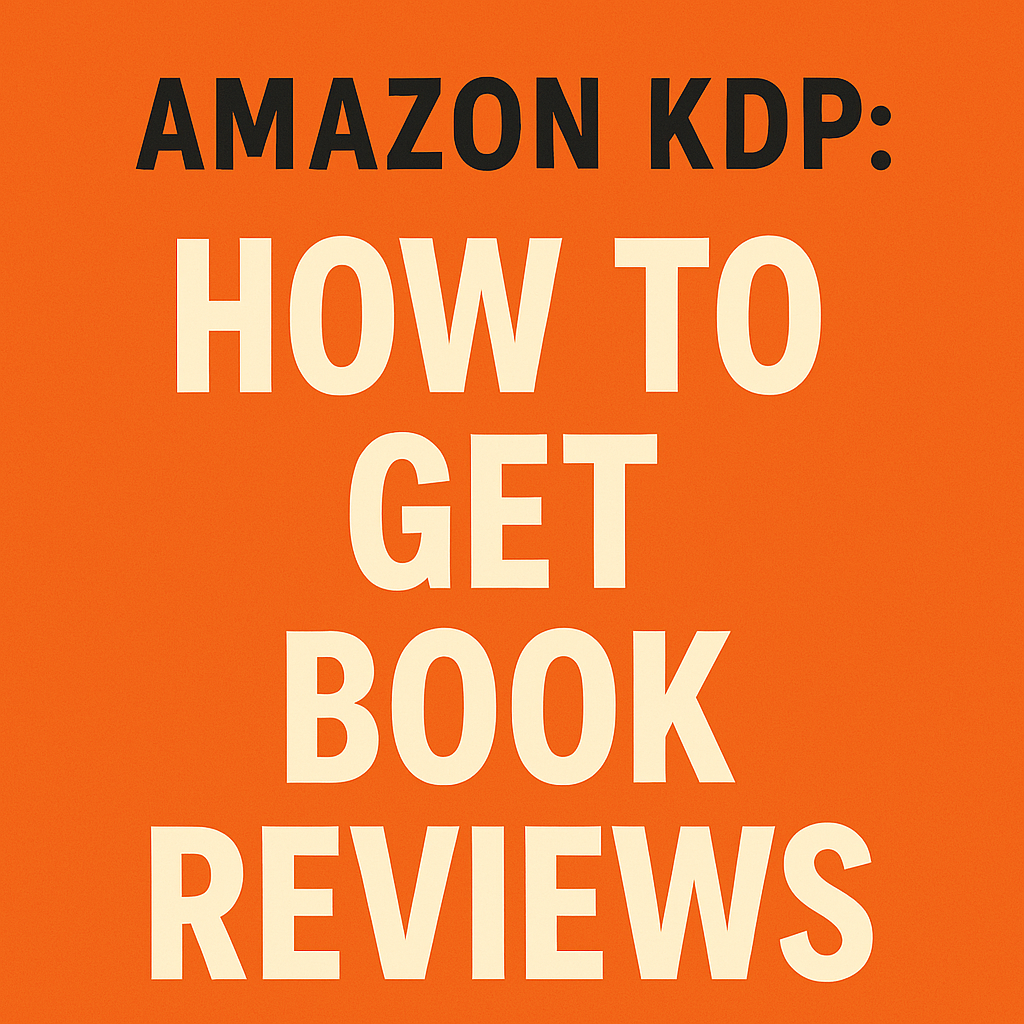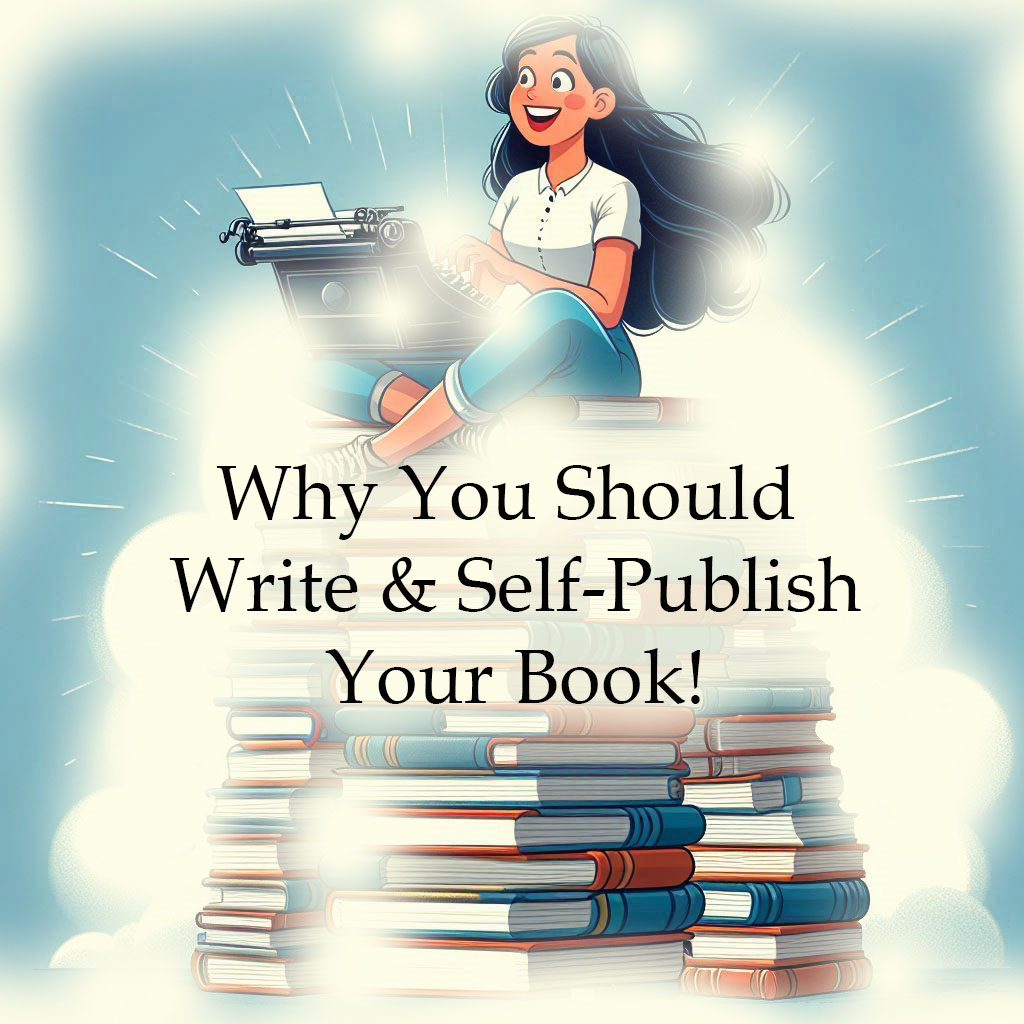The world of publishing has undergone a dramatic transformation in recent years, thanks to the rise of self-publishing.
Authors now have the power to take control of their literary destinies, but along with this empowerment, several myths and misconceptions about self-publishing have emerged.
Let’s debunk 12 common myths surrounding self-publishing, providing you with the clarity and knowledge needed to make informed decisions on your publishing journey.
Myth 1: Self-Publishing is Only for Failed Authors
- Self-publishing is a legitimate choice for both established and emerging authors.
- Many successful authors have chosen self-publishing to retain creative control and higher royalties.
Myth 2: Self-Published Books Lack Quality
- Self-published books can be of exceptional quality with professional editing, cover design, and formatting.
- Quality should never be compromised in self-publishing.
Myth 3: Traditional Publishing is the Only Path to Success
- The publishing landscape is evolving, and self-published authors have achieved bestseller status and critical acclaim.
- Success is determined by the quality of the book and marketing efforts, not the publishing route.
Myth 4: Self-Publishing Costs a Fortune
- Self-publishing can be cost-effective, with options for every budget.
- Authors can choose services à la carte, reducing costs.
Myth 5: Self-Published Books Can’t Get in Bookstores
- Distribution options, like Print on Demand (POD) and Expanded Distribution, make it possible to get self-published books into bookstores.
- Building relationships with local bookshops can also help.
Myth 6: Self-Publishing Means You’re on Your Own
- Authors can hire editors, cover designers, and marketing professionals for support.
- Online communities and author groups provide invaluable guidance and networking opportunities.
Myth 7: Self-Published Authors Can’t Win Awards
- Many literary awards and contests accept self-published works.
- Winning such awards can boost an author’s credibility.
Myth 8: Self-Published Authors Can’t Make Money
- Self-published authors can earn competitive royalties, especially on digital platforms.
- Long-term success is achievable with a strategic marketing plan.
Myth 9: Self-Publishing is a Shortcut to Fame
- Success in self-publishing often requires hard work, dedication, and marketing efforts.
- Fame is not guaranteed, but success is attainable.
Myth 10: Self-Published Books Are Not Taken Seriously by Critics
- Self-published books can receive positive reviews from reputable sources.
- Quality writing and professional presentation are key.
Myth 11: Self-Publishing is Quick and Easy
- Self-publishing requires time for writing, editing, and marketing.
- Rushing the process can lead to subpar results.
Myth 12: Self-Published Books Can’t Compete with Traditional Publishing
- Many self-published books have achieved success and competed with traditionally published titles.
- Unique marketing strategies and niche audiences can lead to a competitive edge.
Myth 13: Self-Published Authors Have No Access to Professional Editing
- Self-published authors can hire professional editors to ensure their books meet industry standards.
- Editing is a crucial step in producing a polished and marketable book.
Myth 14: Self-Publishing is Only for Fiction
- Self-publishing is suitable for a wide range of genres, including non-fiction, memoirs, poetry, and more.
- Authors can find success in various niches within self-publishing.
Myth 15: Self-Published Authors Can’t Get Their Books Reviewed by Major Publications
- Self-published authors can submit their books for review to many major publications.
- Quality and relevance to the publication’s audience are essential factors for consideration.
Myth 16: Self-Published Authors Can’t Secure Movie or TV Deals
- Self-published books have been adapted into successful movies and TV series.
- A compelling story and effective marketing can attract the attention of filmmakers.
Myth 17: Self-Published Books Are All E-Books
- Self-published authors can choose to publish in various formats, including print, audiobook, and e-book.
- Print-on-demand services make it easy to offer physical copies of self-published books.
Myth 18: Self-Published Authors Don’t Need to Worry About Copyright
- Authors must still copyright their work to protect their intellectual property, regardless of how they publish.
- Copyright infringement can occur in both traditional and self-publishing.
Myth 19: Self-Published Authors Can’t Get Their Books in Libraries
- Self-published authors can make their books available to libraries through distribution channels like IngramSpark.
- Some libraries actively support local and independent authors.
Myth 20: Self-Published Authors Can’t Build a Fanbase
- Self-published authors can cultivate a loyal fanbase through social media, book signings, and author events.
- Engaging with readers is crucial for building a following.
Myth 21: Self-Published Books Don’t Get International Exposure
- Self-published books can reach a global audience through online retailers and distribution channels.
- Targeted marketing strategies can help attract readers from around the world.
Myth 22: Self-Published Authors Can’t Get Literary Agents
- Literary agents occasionally work with self-published authors who have a strong track record and a compelling manuscript.
- Securing an agent can help authors navigate traditional publishing avenues if they choose to switch routes.
Myth 23: Self-Published Authors Don’t Need to Worry About Book Design
- Book design is essential in self-publishing to create an attractive and reader-friendly layout.
- Professional formatting enhances the overall reading experience.
Myth 24: Self-Published Authors Can’t Benefit from Book Awards
- Many book awards and competitions are open to self-published authors.
- Winning or being a finalist can boost an author’s credibility and marketing efforts.
Debunking these additional myths further highlights the opportunities and potential within the self-publishing industry.
Authors should approach self-publishing with the understanding that they have the tools and resources to overcome these misconceptions and achieve their publishing goals.

